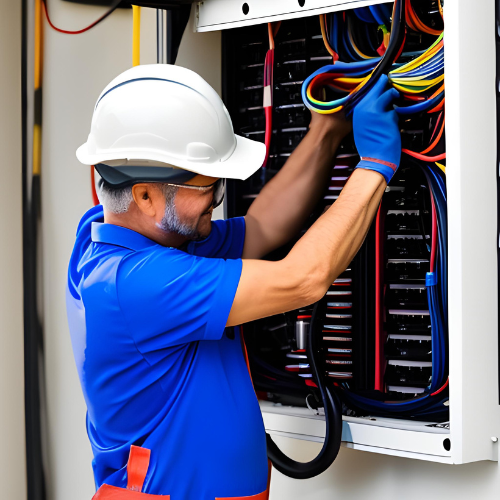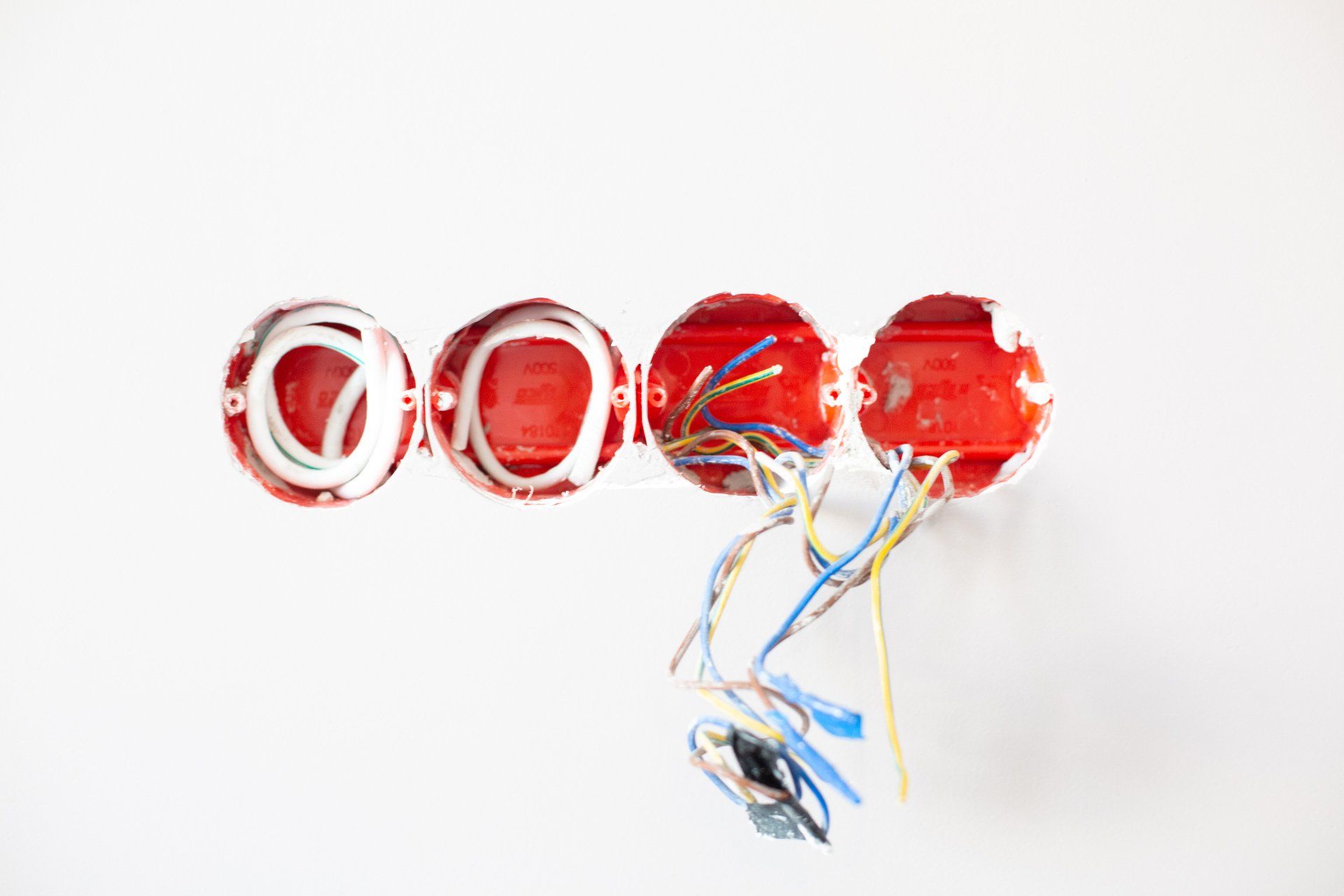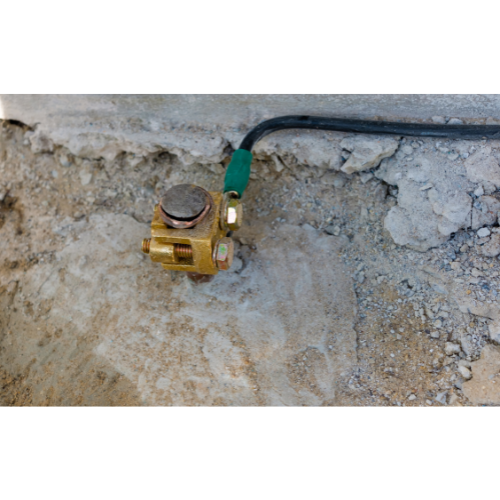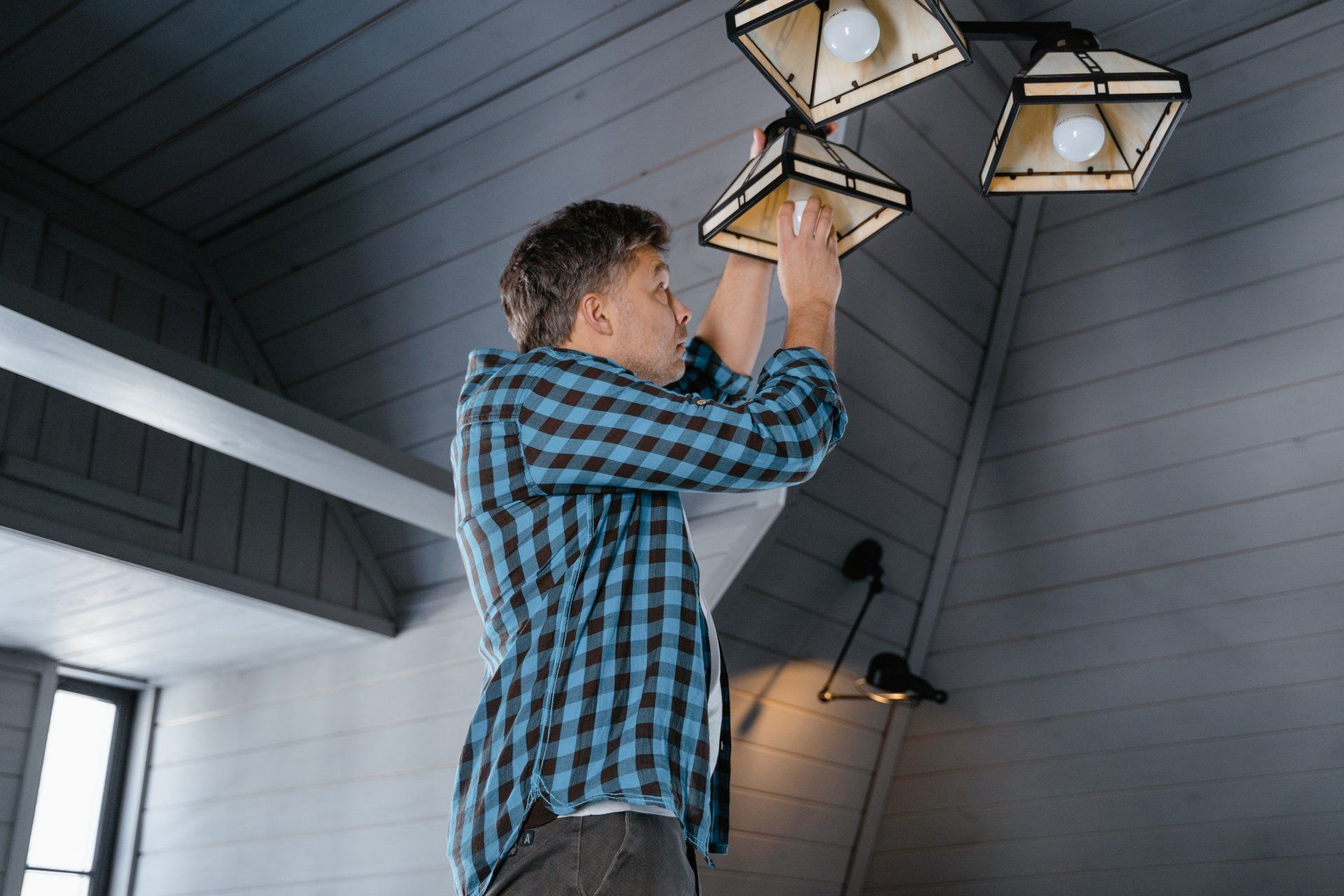Tips for Properly Maintaining Your Home's Electrical System

The electrical system is a vital component of every home, powering our daily lives and keeping us connected. Proper maintenance of this system is essential to ensure its reliability, safety, and longevity. In this blog post, we will provide you with valuable tips for maintaining your home's electrical system. By following these guidelines, you can reduce the risk of electrical issues, extend the lifespan of your electrical components, and promote a safe living environment for you and your family.
Schedule Regular Electrical Inspections:
One of the most important steps in maintaining your home's electrical system is to schedule regular inspections performed by a qualified electrician. These inspections help identify any potential problems, such as faulty wiring, outdated components, or overloaded circuits, before they escalate into major issues. Aim to have a comprehensive electrical inspection conducted at least once every few years, or as recommended by a professional.
Keep Electrical Panels Accessible and Tidy:
Ensure easy access to your electrical panel by keeping the area around it clear and unobstructed. Avoid storing items or placing furniture near the panel, as it may impede access during emergencies or maintenance tasks. Additionally, organize the wiring and labeling inside the panel to make troubleshooting and future upgrades more efficient.
Test Ground Fault Circuit Interrupters (GFCIs) Regularly:
GFCIs are critical safety devices that protect against electrical shocks in areas with water exposure, such as kitchens, bathrooms, and outdoor outlets. Test these devices regularly by pressing the "test" and "reset" buttons to ensure they are functioning properly. If any GFCI fails to trip or reset, contact an electrician to replace it promptly.
Avoid Overloading Circuits:
Overloading circuits can lead to overheating, electrical malfunctions, and potential fire hazards. Spread out the electrical load by plugging high-wattage appliances into separate circuits. If you notice frequently tripping circuit breakers or dimming lights when multiple devices are in use, consider redistributing your electrical load or consult an electrician to assess the capacity of your electrical system.
Replace Damaged Cords and Outlets:
Damaged cords and outlets pose significant safety risks. Inspect your electrical cords regularly for fraying, exposed wires, or loose connections. If you find any damage, promptly replace the cord or contact a professional if the repair involves hardwired connections. Similarly, if you notice outlets that are loose, cracked, or malfunctioning, have them replaced by a qualified electrician.
Practice Safe Plug Usage:
Proper plug usage is essential for electrical safety. Avoid forcing plugs into outlets, as loose or poorly fitting plugs can result in electrical arcing or short circuits. Do not overload power strips or extension cords by plugging in more devices than their capacity allows. If you find that you frequently need additional outlets, consider installing additional ones in convenient locations or consult an electrician for advice.
Install Surge Protectors:
Power surges can damage sensitive electronics and appliances. Protect your devices by installing surge protectors at key locations throughout your home. Surge protectors divert excess voltage away from your equipment, safeguarding them from potential damage. Be sure to choose surge protectors that are appropriate for the devices you wish to protect.
Keep Electrical Appliances and Equipment Clean:
Regularly clean your electrical appliances and equipment to prevent dust and debris buildup. Accumulated dirt can interfere with proper functioning, reduce efficiency, and potentially create fire hazards. Follow manufacturer guidelines for cleaning specific devices, and remember to unplug them before maintenance.
Educate Your Household on Electrical Safety:
Promote electrical safety awareness within your household. Teach family members, especially children, about the importance of electrical safety practices, such as not touching electrical outlets, cords, or appliances with wet hands, and reporting any electrical issues or abnormalities immediately.
Properly maintaining your home's electrical system is crucial for safety, efficiency, and longevity. By following these tips, scheduling regular inspections, and promptly addressing any electrical concerns, you can ensure the reliability of your electrical system and protect your home and loved ones from potential hazards. Remember, when in doubt or for complex electrical tasks, always consult a qualified electrician to ensure the best and safest outcome.












